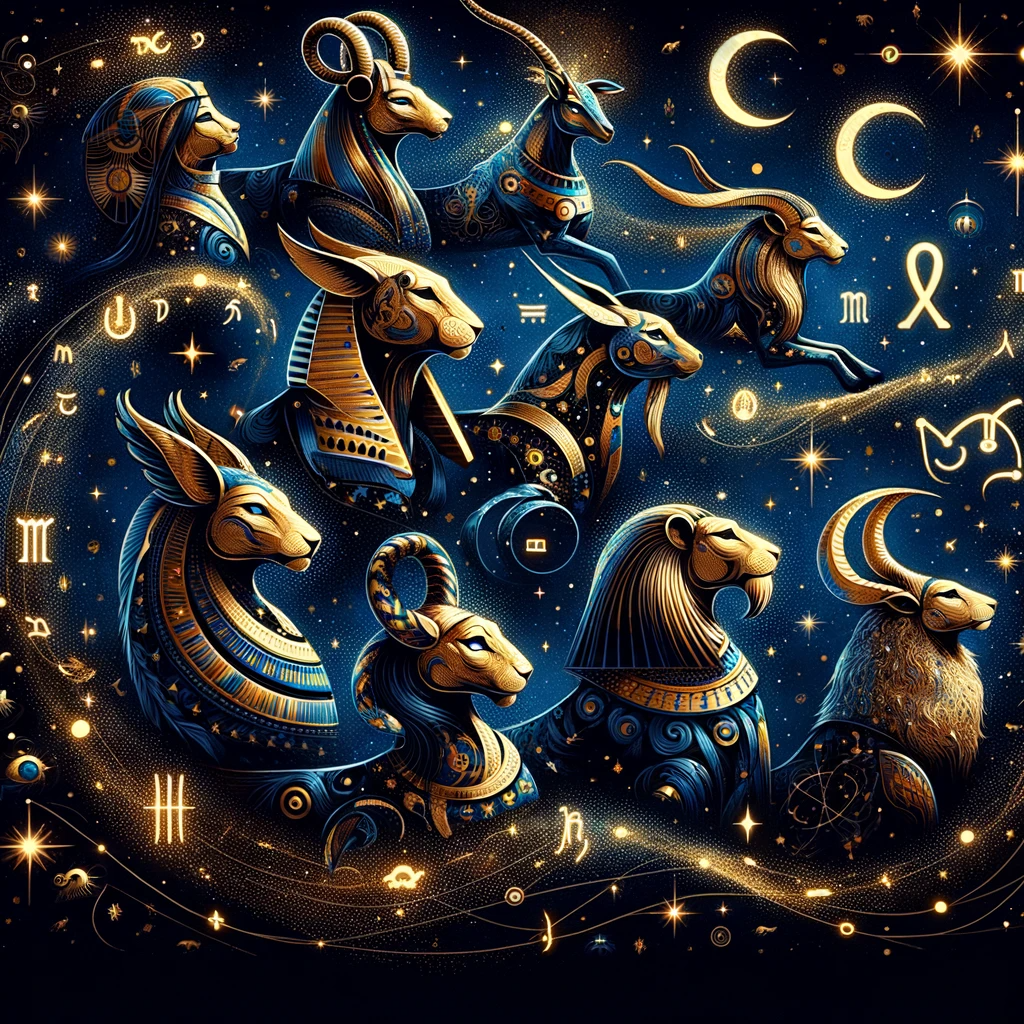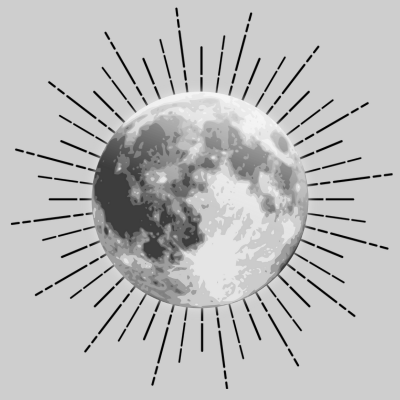Welcome to your comprehensive guide on Egyptian astrology signs, where you can uncover the wisdom of the ancient Egyptians and gain insights into your horoscope. The ancient Egyptians believed that the movements of celestial bodies held significant meaning and could guide their lives. By understanding the fascinating world of Egyptian astrology, you can delve into your personality traits, discover suitable careers, and even explore the connections between Egyptian and Western zodiac signs.
Step back in time and immerse yourself in the mystical realm of ancient Egyptians’ horoscope. Through the alignment of planets and stars, they developed a unique system that assigned zodiac signs based on their gods and goddesses. Each sign carries distinct attributes and qualities that influence your characteristics, shaping the person you are today. Whether you’re a courageous Amon-Ra, a generous Isis, or a wise Thoth, your Egyptian astrology sign holds the key to understanding yourself on a deeper level.


Discover how your Egyptian astrology sign can guide you in various aspects of your life, including career choices. Just like the Western zodiac signs, Egyptian astrology offers valuable insights into the strengths and weaknesses that can influence your professional path. Whether you’re destined for leadership as a Horus or have a natural affinity for art and beauty like Hathor, aligning your career with your sign can bring fulfillment and success.
Through this guide, we will explore the ancient wisdom of Egyptian astrology, uncover the mysteries of the twelve zodiac signs, and connect them to their Western counterparts. Gain a deeper understanding of yourself, tap into the magic of the universe, and embrace the wisdom of the ancient Egyptians through this journey of self-discovery and enlightenment.
Understanding Egyptian Astrology and its Connection to Ancient Egypt
Ancient Egypt was a civilization deeply fascinated by the movements of stars and planets. The priests of the temples meticulously recorded these celestial movements, believing that they held significance and influence over various aspects of life on Earth.
The ancient Egyptians developed a complex calendar system to track these celestial events and measure time. Their calendar was based on a combination of lunar and solar cycles, allowing them to align their religious and agricultural practices with celestial observations.
This connection between astronomy and everyday life led to the development of Egyptian astrology, which emphasized the belief that the positioning and movements of celestial bodies had a direct impact on individual personalities and destinies.
The Egyptian zodiac consisted of twelve signs, each associated with a different god or goddess. These signs were believed to shape a person’s character traits, influencing their strengths, weaknesses, and overall destiny.
As the stars and planets moved across the sky, the priests would interpret their positions and movements, analyzing how they correlated with specific zodiac signs. This knowledge would then be used to provide guidance and insight into an individual’s life path.
One of the most notable aspects of Egyptian astrology was its alignment with the Egyptian calendar. Combining celestial observations with the calendar allowed priests to make accurate predictions and determine auspicious times for important events such as religious ceremonies, agricultural activities, and even royal decisions.
With their deep understanding of the movement of stars and planets, the ancient Egyptians believed that they could tap into the wisdom of the universe and gain insight into both personal and collective destinies.
The Egyptian Calendar and Astrological Significance
The Egyptian calendar was based on the cycles of the moon and the rising of the star Sirius. It consisted of 12 months with 30 days each, along with an additional 5 or 6 “epagomenal” days added at the end of the year to align with the solar cycle.
Each month was associated with a different deity, providing a spiritual connection to the natural rhythms of life and the cosmos. These monthly associations, along with the positions of stars and planets, were carefully observed and analyzed to determine astrological predictions and guidance.
The Influence of Egyptian Astrology on Daily Life
Ancient Egyptians relied heavily on astrology for various aspects of their lives. It not only influenced personal decisions but also played a crucial role in the decision-making process of rulers, priests, and other individuals of influence.
Whether it was choosing an auspicious time for a religious ritual, planning agricultural activities, or making important life choices, Egyptian astrology provided a framework for decision-making and served as a guide to navigate the complexities of life.
| Sign | Dates | Goddess | Traits |
|---|---|---|---|
| Anubis | Apr 25 – May 23 | Isis | Caring, protective, and intuitive |
| Bastet | May 24 – Jun 22 | Bastet | Independent, graceful, and fierce |
| Horus | Jun 23 – Jul 21 | Horus | Confident, ambitious, and adventurous |
| Isis | Jul 22 – Aug 22 | Isis | Generous, charismatic, and creative |
| Osiris | Aug 23 – Sep 21 | Osiris | Organized, practical, and hardworking |
The Meaning and Significance of Egyptian Astrology
Discover the fascinating world of Egyptian astrology, where the stars align to reveal profound insights about your personality and destiny. Just like Western astrology, Egyptian astrology is based on the concept of zodiac signs, with each sign representing a specific deity from ancient Egyptian mythology.
With 12 distinct zodiac signs, Egyptian astrology offers a unique lens through which to explore yourself and your place in the universe. Each sign is associated with a set of characteristics and traits that are believed to shape who you are and how you interact with the world around you. Whether you are a quick-witted Thoth, a compassionate Isis, or a passionate Ra, your zodiac sign in Egyptian astrology provides valuable insights into your strengths, weaknesses, and potential career paths.
What makes Egyptian astrology intriguing is its similarities to Western astrology. While the zodiac signs have different names in Egyptian astrology, they often share similar attributes and correspondences with their Western counterparts. This allows individuals familiar with Western astrology to draw connections and gain a deeper understanding of themselves through the lens of Egyptian astrology.
So, whether you’re a long-time fan of astrology or simply curious about exploring different systems, Egyptian astrology offers a captivating journey into the ancient wisdom of the Nile. Unveil the secrets of your Egyptian zodiac sign and unlock a deeper understanding of your true self.
